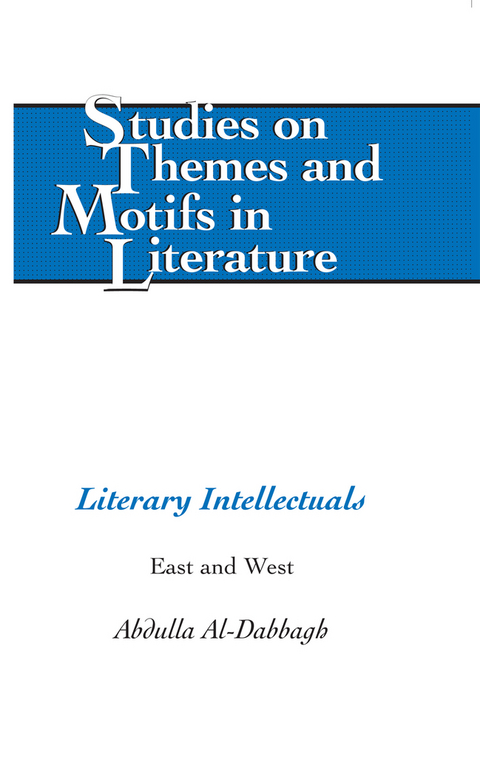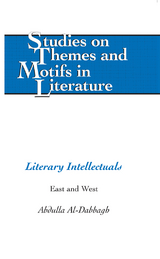Literary Intellectuals
Peter Lang Publishing Inc (Verlag)
978-1-4331-2142-5 (ISBN)
The modernist movement, in literature as well as in criticism, provides a very instructive case of iconoclastic canon-change and subsequent canon-formation, and modern British literary criticism has been remarkably canon-forming in its basic tendency. This is particularly true of the line in British criticism that has revealed strong cultural preoccupations primarily centered on the works of T. S. Eliot and F. R. Leavis. George Orwell is a figure in the history of British cultural criticism who links the pre-war and the post-war generations of modernist writers and critics. Raymond Williams is the direct continuator of the line in English literary and cultural criticism formed by Eliot, Lawrence, and Leavis. The first seven of the essays collected in this book deal with Western intellectuals – in fact, with this largely British tradition of cultural criticism. They continue the argument, centered on these main figures, as it has subsequently developed in the works of Christopher Caudwell, E. P. Thompson, Perry Anderson, and John McGrath, among others, and touch upon more contemporary literary and cultural issues. Some of these issues, such as the spread of Islamophobia among a number of contemporary British intellectuals, are also discussed in another chapter in the book, and the division of what may be called the international intelligentsia into radicals, pundits, renegades, and imposters, in another chapter. The last three essays deal with major Arab intellectuals and Arab literary and cultural concerns. They focus mainly on the relationships of these key figures with political power, cultural identity, and exile.
Abdulla Al-Dabbagh is Professor of English Literature at the United Arab Emirates University. He holds a BA from Wesleyan University, an M. Litt. from Cambridge University, and a PhD from Essex University. He has taught English, American, and world literatures, literary criticism, and translation at universities in Iraq, Jordan, and the United Arab Emirates. He is the author of Literary Orientalism, Postcolonialism, and Universalism (Lang 2010), Shakespeare, the Orient, and the Critics (Lang 2010), D. H. Lawrence: A Study of Literary Fascism (Lang 2011), and Socialist Literature: Theory and Practice (Lang 2012).
Contents: Three Figures: T.S. Eliot, F.R. Leavis, George Orwell – Raymond Williams. The End of the Line – E.P. Thompson and Perry Anderson: A Debate – A Note on Christopher Caudwell – John McGrath and the Alternative Theatre Movement – Islamaphobia and the intellectuals – Radicals, Renegades, Pundits and imposters: Reflections on the International Intelligentsia – Power and the Radical Araba Intellectual. Three Case Studies – Mediterraneanism in Modern Arab Cultural Thought – Poetics of Exile and Identity. The Case of Modern Iraqi Poetry.
| Reihe/Serie | Studies on Themes and Motifs in Literature ; 117 | Studies on Themes and Motifs in Literature ; 117 |
|---|---|
| Verlagsort | New York |
| Sprache | englisch |
| Maße | 155 x 230 mm |
| Gewicht | 340 g |
| Themenwelt | Geisteswissenschaften ► Philosophie ► Allgemeines / Lexika |
| Geisteswissenschaften ► Sprach- / Literaturwissenschaft ► Anglistik / Amerikanistik | |
| Geisteswissenschaften ► Sprach- / Literaturwissenschaft ► Literaturwissenschaft | |
| Sozialwissenschaften ► Soziologie | |
| ISBN-10 | 1-4331-2142-5 / 1433121425 |
| ISBN-13 | 978-1-4331-2142-5 / 9781433121425 |
| Zustand | Neuware |
| Haben Sie eine Frage zum Produkt? |
aus dem Bereich




